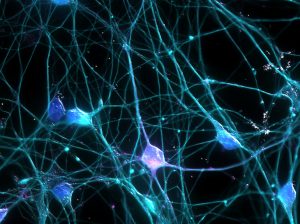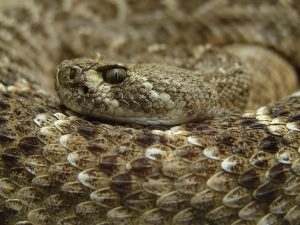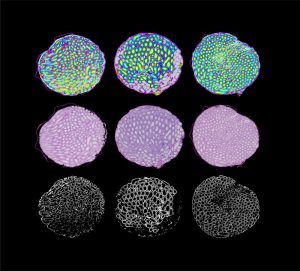Enter your address to receive notifications about new posts to your email.
Articles tagged Complex Traits
(12 results)
-
How an earthquake shook up stickleback genomes
New genetic data help explain the rapid adaptation of stickleback fish that invaded freshwater habitats in the 1960s. In 1964, an earthquake shook the islands off the coast of Alaska, transforming the landscape as underwater terraces were thrust above the surface. From this cataclysmic event emerged a series of freshwater pools that became a natural…
-
Remapping lab rats
For the first time in nearly 15 years, the rat genetic map has been updated. Genetic maps help us navigate uncharted data, but to successfully use them to link genes to complex traits, their resolution must be high enough to yield a manageable list of candidate variants. That’s why genetic maps for mice and humans…
-
Videos from PEQG18 Keynote and Crow Award sessions
Watch presentations from the conference, including talks from Katie Peichel and Jonathan Pritchard. Now that the dust has settled from the whirlwind of the first ever standalone GSA Population, Evolutionary, and Quantitative Genetics Conference (PEQG18), we’re delighted to be able to share the audio and synched slides from the Keynote and Crow Award sessions. We’re…
-
#PEQG18 in Haiku
Attendees of the Population, Evolutionary, and Quantitative Genetics Conference are a creative bunch. Inspired by one of the PEQG Bingo challenges, they bombarded Twitter with more than 50 #PEQG18 haikus (and one limerick), providing poetic snippets of the meeting to those who couldn’t make it. Joining the 17-syllable summaries were fantastic sketch notes of the meeting by…
-
How the genetics of seizure susceptibility changes over time
Epilepsy is characterized by recurrent seizures, often with no immediately obvious cause. In the August issue of G3, Ferland et al. use a genome-wide association study in mice to show that after multiple seizures, the genetic basis of seizure variation shifts from previously identified genomic regions to new ones. This research shows that the genetic…
-
Venom holds clues to triggers of gene family expansion
They rattle as warning, but during the hunt their strike is silent and sudden. Any rabbit or mouse targeted by a rattlesnake is doomed—the snake’s bite carries a paralyzing venom. The toxins in this venom are proteins encoded by a large gene family that arose by gene duplication. In the July issue of GENETICS, Margres…
-
Fido won’t fetch? Maybe it’s his pedigree
Whether a thunderclap drives your dog to cower behind the couch or leaves it unfazed may be determined in part by genetics. In the June issue of GENETICS, Ilska et al. analyze genetic contributors to canine personality traits—such as fear of loud noises—using owners’ reports of their pets’ behavior. The researchers chose this survey-based method…
-
Behind the cover: Male infertility in the mouse Collaborative Cross
Fascinating discoveries sometimes emerge from the most daunting of experimental roadblocks. Designed to generate over 1,000 recombinant inbred mice lines for genetic mapping, the Collaborative Cross (CC) project unearthed astounding variation in male fertility when nearly 95% of the highly inbred CC lines went extinct. As part of the Multiparental Populations series in the June…
-
MPP People: Elizabeth King
Multiparental populations (MPPs) have brought a new era in mapping complex traits, as well as new analytical challenges. To face these challenges and encourage innovation, the GSA journals launched the ongoing Multiparental Populations series in 2014. This month’s issues of GENETICS and G3 feature a bumper 16 MPP articles, timed to celebrate a new easy-to-use…
-
Explore the new Multiparental Populations resource at GENETICS and G3
The GSA Journals are proud to announce a brand new site for our Multiparental Populations (MPP) series. We’re celebrating this redesigned, easy-to-browse site with the addition of sixteen new papers from both journals to the series. As the field of genetics has grown, the rapid development of genomic technologies has given researchers the ability to…
-
MPP People: Andrew Morgan
Multiparental populations (MPPs) have brought a new era in mapping complex traits, as well as new analytical challenges. To face these challenges and encourage innovation, the GSA journals launched the ongoing Multiparental Populations series in 2014. This month’s issues of GENETICS and G3 feature a bumper 16 MPP articles, timed to celebrate a new easy-to-use…












